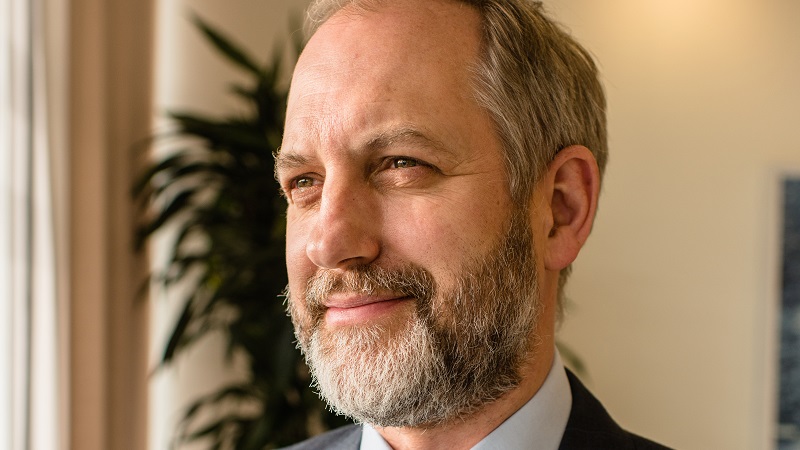Nick Clay has espoused the virtues of leaving BNY Mellon Investment Management and “plugging and playing” his global equity income strategy at RWC Partners.
Speaking to Portfolio Adviser, Clay said the move last year offered him and the team a more appropriate culture and a lower pressure environment in which to deliver returns for investors.
Clay, along with the team of Andrew MacKirdy, Robert Canepa-Anson and Colin Rutter, left Newton Investment Management, which is part of BNY Mellon IM, in March last year. They resurfaced at RWC in November with the launch of the RWC Global Equity Income fund, a near identical mandate to the BNY Mellon Global Income fund they left behind, which has amassed £108m, according to Trustnet.
In April, Quilter Investors announced it was following Clay by moving a £263m global equity mandate from BNY Mellon IM to RWC. This followed a move by Irish fund group Mediolanum to invest £205m in Clay’s Global Equity Income fund as part of an equity mandate in its multi-manager range.
On settling in at RWC Clay said in terms of philosophy and process the team is back to doing exactly what it was at Newton. However, he said the preferable environment and culture at RWC has given the team more confidence in being able to deliver success for investors over the next decade and beyond.
During Clay’s tenure as manager of BNY Mellon Global Income, between 14 December 2015 and 4 June 2020, the fund returned 67% compared with the IA Global Equity Income sector average of 49.5%, but it trailed the FTSE World benchmark’s 81.7%, according to FE Fundinfo.
Culture of support rather than putting pressure on
Clay said: “We have confidence we will be able to deliver similar success over the next 10 to 15 years because of the culture here of supporting what you do and supporting your process, particularly through difficult times, rather than putting pressure on you to change things if they aren’t working over the short term. Therefore, this leaves us with complete focus on what we’re doing, without any distractions.”
See also: Can Euan Munro restore Newton IM as a household brand?
He said the private employee-owned structure of RWC and being able to retain its own capital rather than pay out shareholders makes it more stable in difficult times like the pandemic.
“When you own yourself, you retain your profit every year and you build up your balance sheet, but when you’re owned by someone else, that profit gets taken away to the parent company, and you have to start again every year.
“So, we knew that we needed to create a culture for ourselves where we are in charge of our own destiny and therefore the incentives of all the capital allocation decisions we make within this business are governed by what’s best for the business.”
Expect higher volatility
Clay thinks this type of culture will become increasingly important over the next decade as markets become more volatile. This is because being able to navigate volatility in AUM removes pressure to change strategy in order to keep assets growing at all costs.
“You can take the ability to be patient, you can take the ability to stand by your teams and culturally put your arm around them during difficult times and stick to your discipline and processes, and don’t feel like you’re under pressure to change anything in your portfolio,” he added.
“So we feel picking up the team and plugging and playing at RWC in a far more appropriate culture and environment is something that is beneficial, not just to us but hopefully for the clients who invest in us because we can now look at our relationship as a genuine partnership with our clients.”
See also: Nick Clay joining RWC highlights pull of boutique fund groups
Reflecting on the wider asset management industry, Clay said it is splitting into two: large passive volume players at one end and boutique privately-owned active managers, like RWC, at the other.
“We think that ultimately clients want a bit of both and that does leave a big gap in the middle that lots of companies fall into. We think that those companies will find things more of a challenge going forward.”











